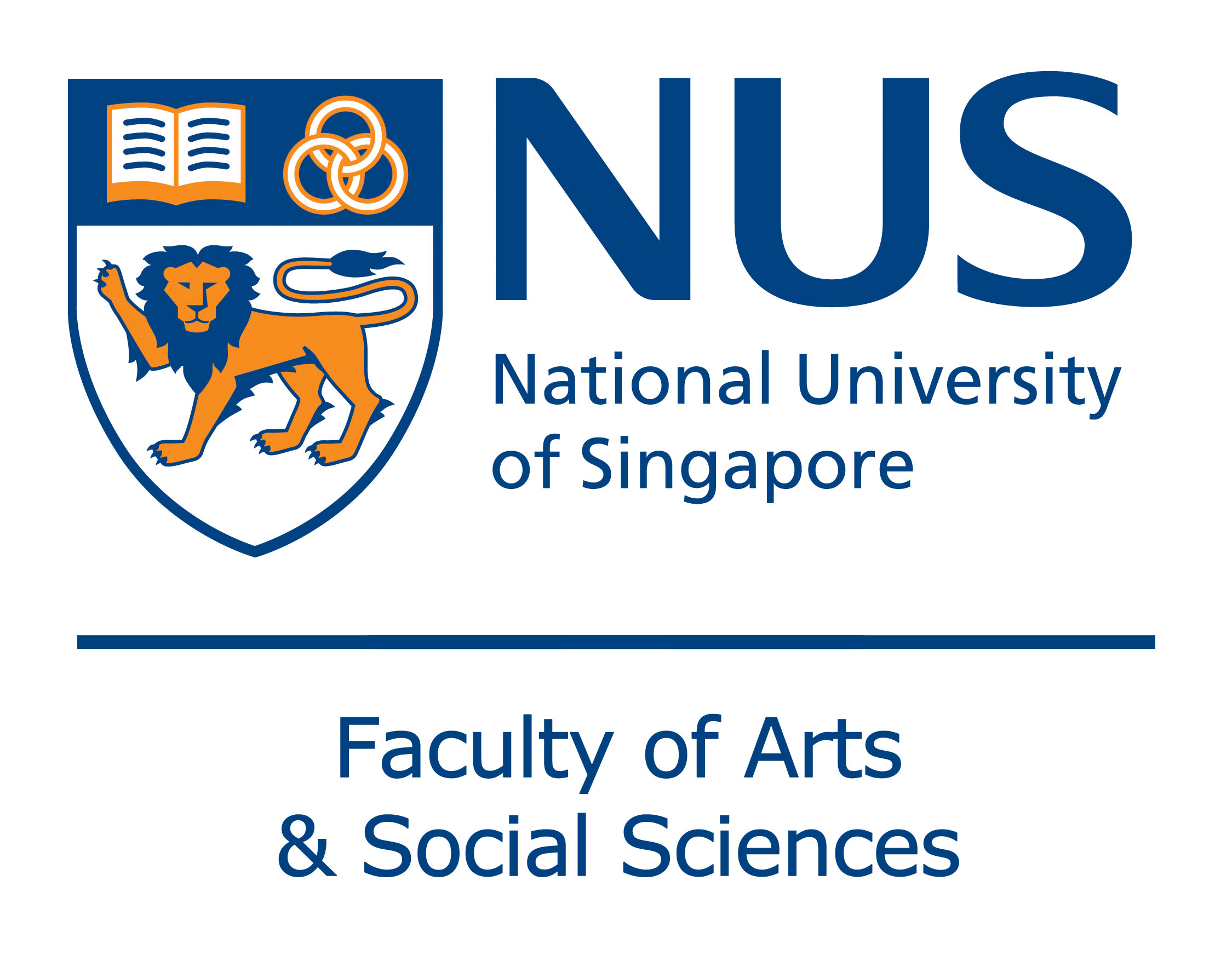The Currency of Truth: Newsmaking and the Late-Socialist Imaginaries of China’s Digital Era
Emily H. C. Chua
University of Michigan Press

China’s news sector is a place where newsmakers, advertising executives, company bosses, and Party officials engage one another in contingent and evolving arrangements that run from cooperation and collaboration to manipulation and betrayal. Drawing on long-term ethnographic fieldwork with journalists, editors, and executives at a newspaper in Guangzhou, The Currency of Truth brings its readers into the lives of the people who write, publish, and profit from news in this milieu. The book shows that far from working as mere cogs in a Party propaganda machine, these individuals are immersed in fluidly shifting networks of formal and informal relationships, which they carefully navigate to pursue diverse goals.
In The Currency of Truth, Emily H. C. Chua argues that news in China works less as a medium of mass communication than as a kind of currency as industry players make and use news articles to create agreements, build connections, and protect and advance their positions against one another. Looking at the ethical and professional principles that well-intentioned and civically minded journalists strive to uphold, and the challenges and doubts that they grapple with in the process, Chua brings her findings into conversation around “post-truth” news and the “crisis” of professional journalism in the West. The book encourages readers to rethink contemporary news, arguing that rather than setting out from the assumption that news works either to inform or deceive its publics, we should explore the “post-public” social and political imaginaries emerging among today’s newsmakers and remaking the terms of their practice.
Chua, Emily H. C. The Currency of Truth: Newsmaking and the Late-Socialist Imaginaries of China's Digital Era. University of Michigan Press. 2023.
The Camphor Tree and the Elephant: Religion and Ecological Change in Maritime Southeast Asia
Faizah Zakaria
University of Washington Press
What is the role of religion in shaping interactions and relations between the human and nonhuman in nature? Why are Muslim and Christian organizations generally not a potent force in Southeast Asian environmental movements? The Camphor Tree and the Elephant brings these questions into the history of ecological change in the region, centering the roles of religion and colonialism in shaping the Anthropocene—“the human epoch.”
Historian Faizah Zakaria traces the conversion of the Batak people in upland Sumatra and the Malay Peninsula to Islam and Christianity during the long nineteenth century. She finds that the process helped shape social structures that voided the natural world of enchantment, ushered in a cash economy, and placed the power to remake local landscapes into the hands of a distant elite. Using a wide array of sources such as family histories, prayer manuscripts, and folktales in tandem with colonial and ethnographic archives, Zakaria brings everyday religion and its far-flung implications into our understanding of the environmental history of the modern world.
Zakaria, F. The Camphor Tree and the Elephant: Religion and Ecological Change in Maritime Southeast Asia. University of Washington Press. 2023.



You must be logged in to post a comment.